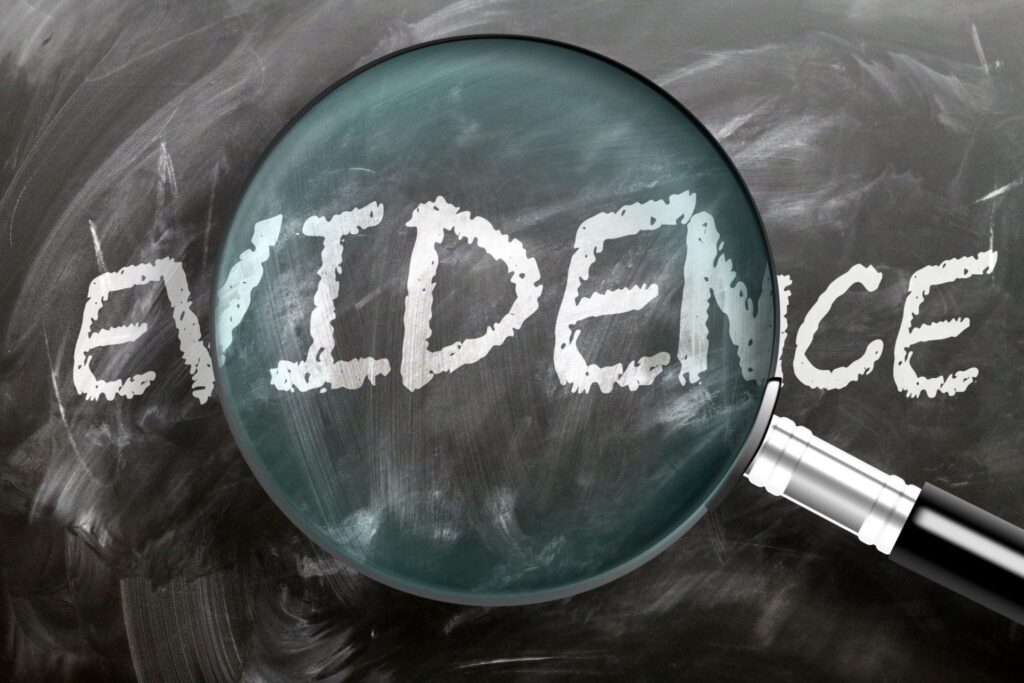For police to search you for evidence or arrest you for a crime, they need a search warrant or an arrest warrant. If they don’t have a warrant, then their search or their seizure has to fall within a limited set of exceptions to the warrant requirement. For example, if police have probable cause to believe that you committed a crime, then they can detain you, search you, and arrest you if they find evidence that you did something illegal.
One important aspect of probable cause, however, is that it’s for a crime. It does not necessarily need to be for the crime that you get arrested and charged for. This might not seem like a big deal, but it opens the door to what are called “pretextual searches,” which can have a huge impact on your daily life.
Pretextual Searches
Imagine there’s a police officer in his cruiser in a high drug area. He watches a car stop at a stop sign. He has a hunch that it’s involved in drug-related activity, but there are no signs that he can point to in support of this hunch, yet. The car stays at the stop sign for a long time, then makes a turn without signaling and rushes off at high speed. The cop now has probable cause to pull over the car for a traffic violation – turning without signaling, and speeding – but still no probable cause to search for drugs.
When the officer pulls over the car, he sees two large bags of crack cocaine in the passenger’s seat, and arrests the driver for drug trafficking.
This is called a pretextual search, and is exactly what happened in a case from 1996, Whren v. U.S. There was no probable cause to believe that drug trafficking was going on, but there was plenty of probable cause for a traffic violation. Following the stop, there was probable cause to believe that a crime was being committed, allowing the officer to conduct a search for evidence. That the search revealed evidence of a drug crime, rather than of a traffic violation, according to the Supreme Court, did not matter.
Maine Criminal Defense Attorney William T. Bly
Pretextual searches have become a part of life for Americans. Police officers with a hunch that someone is committing a crime can tail them until they make some small mistake that police will usually let slide – jaywalking, or driving with a missing taillight – and then detain them. During the stop, the officer is on the lookout for evidence of the crime they’re really after.
This is just another example of how the criminal justice system in the U.S. is tilted towards law enforcement. Unfortunately, pretextual stops often result in serious criminal charges for someone who was doing absolutely nothing wrong prior the arrest.
In these cases, it can help to have an experienced criminal defense attorney on your side both before and during your trial. Contact the law office of William T. Bly online, or at (207) 571-8146.


